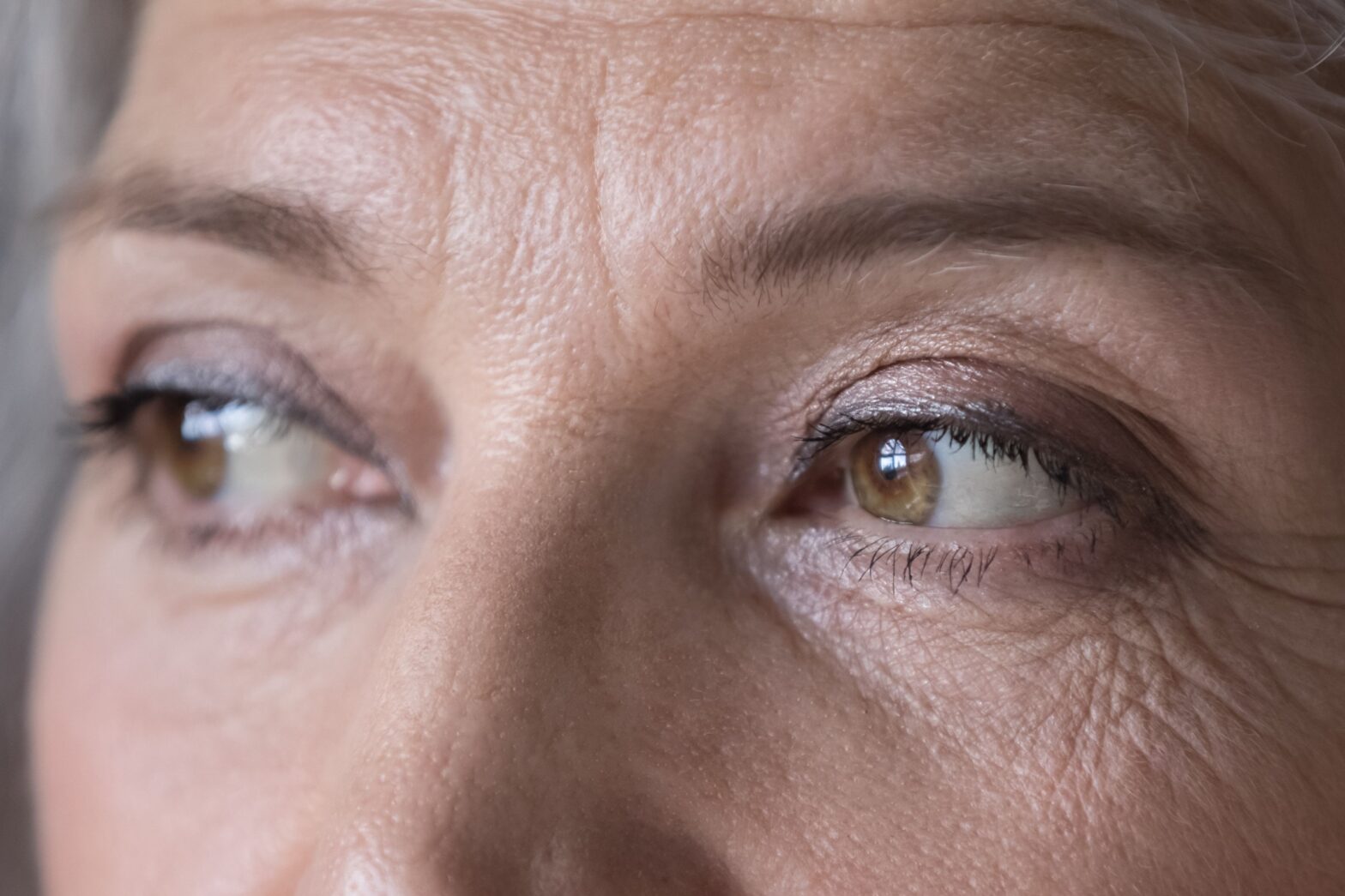Your eye health can begin to deteriorate with age. Men and women over the age of 60 might begin to notice certain conditions that require treatment. There are also certain precautions and tips that men and women should follow to maintain their eye health. Women May Be at a Higher Risk for Certain Eye Diseases… Continue reading Eye Health Tips for Men and Women Over 60
- About

- General Eye Care

- Services

- Conditions

- Cataracts

- Glaucoma
- Macular Degeneration
- Diabetic Retinopathy
- Retinal Detachment
- Floaters and Light Flashes
- Dry Eye
- Eyelid Conditions
- Eye Allergies
- Eye Infections
- Conjunctivitis (Pink Eye)
- Corneal Ulcer
- Blepharitis
- Myopia (Nearsightedness)
- Hyperopia (Farsightedness)
- Astigmatism
- Amblyopia (Lazy Eye)
- Keratoconus
- Presbyopia
- Cataracts
- Resources


